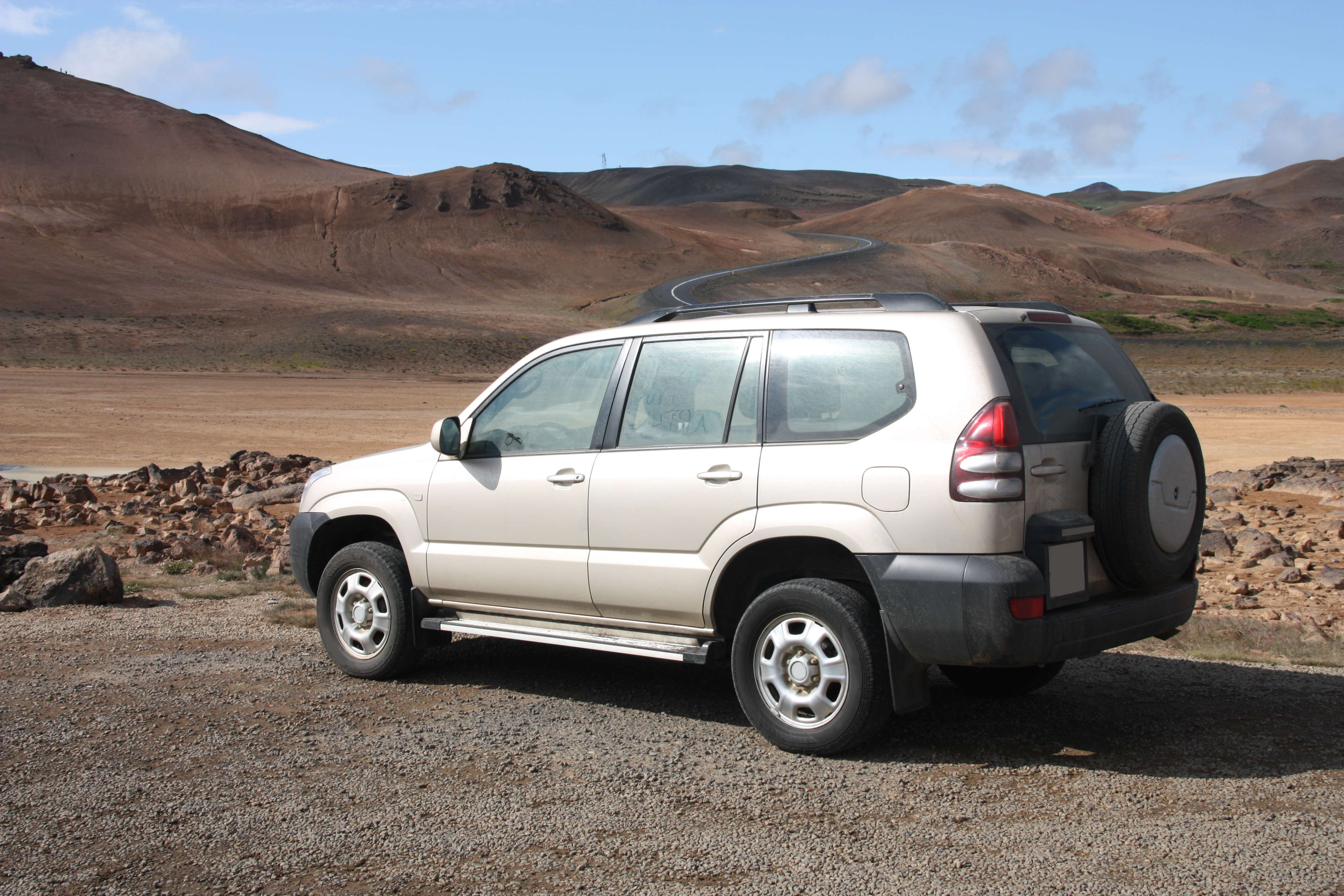
Do you find that you’re going through your gas quicker than you thought? It might not be something in your head. You may have an issue with gas evaporation. While gas evaporation is usually more of a problem in the hot summer months, it still does occur in the colder months as well, which means you will need to safeguard against it at all costs. If you want to save money at the pump now and all year-round well, here are a few things to keep in mind to avoid wasting gas due to evaporation.
Make Sure Your Gas Cap Is On and Tight: Every time you go to the pump, make sure that you secure your gas cap tightly after refueling your vehicle. While it’s not the end of the world if you forget, you will likely lose some gas if the cap isn’t tightly fastened. If your gas cap goes missing, be sure to replace it as soon as you can.
Park Your Vehicle in a Shady Area If It’s Hot Outside: As we mentioned above, gas evaporation is more likely to occur when it’s hot outside. While most of the country is in a deep freeze right now, you can rest assured that the weather will start to heat up in a few months. When your car is parked and it’s stifling outside, gas will evaporate from the fuel tank. Although you can’t prevent evaporation completely, parking in a shadier area where the temperature is cooler can mitigate the damage.
Purchase Your Gas in the Morning or Late Evening: A good rule of thumb is to hit the fuel pump when the sun’s not out. This again goes into the idea of heat. The temperature is at its lowest early in the morning or late in the evening, and this is the best time to purchase gas to reduce the amount of gas evaporation.
These tips will certainly help as you look for ways to save on your fueling costs. Even if you forget, the good thing is that most auto manufacturers are using fluoropolymer tubing in their automotive EVAP systems. Fluropolymer tubing has low gas permeability. In addition to that, it’s lighter than steel tubing, which means less gas is needed to power the vehicle. Fluropolymers are used for a wide variety of automotive applications, and this certainly includes reducing gas evaporation.



